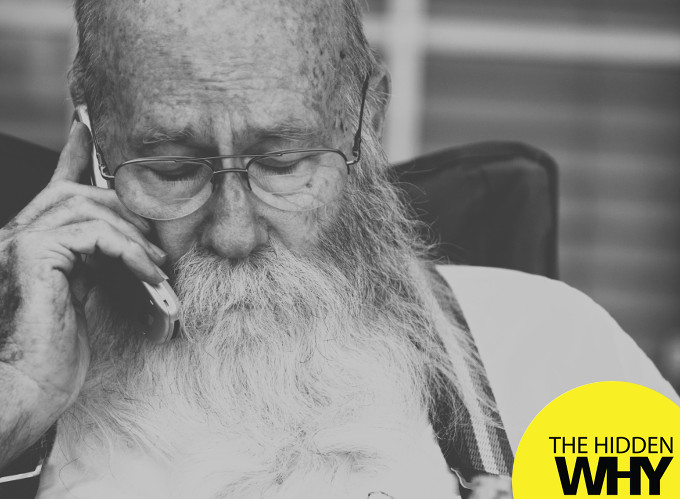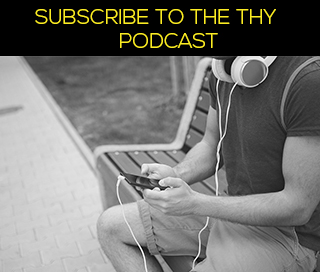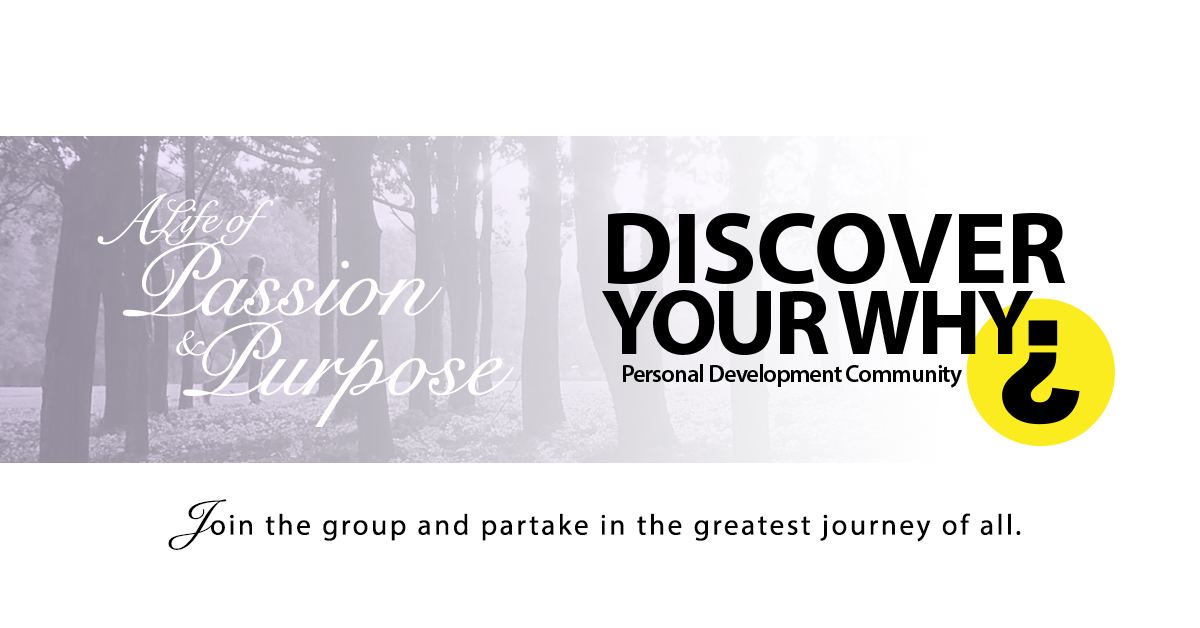
Tech – Killing Human Connectivity or is it?
Written by Leigh Martinuzzi
Technology has been said to come with many great efficiencies. Of course, it does! As we marvel with tech’s rapid and amazing advances we are becoming more aware of how significantly, both positively and negatively, it infiltrates our everyday lives. Digitalisation has a heavy impact on our lives and is now a prominent field of study.
Backed by research there are those who would argue the tech is indeed making life easier for people. Then there are those that would disagree stating that the digital world is killing what it means to connect. What it means to be human.
Many studies suggest that people are less effective at developing interpersonal skills and relationships, unable to share emotions and feelings, and lack an understanding of how to behave in social environments.
What are the pros and cons?
Is tech bringing us closer together or further apart?
Is tech giving us more opportunity to create new connections and fulfil the fundamental human need for belongingness and relationships?
Is tech having a detrimental impact on social interaction and our ability to develop and strengthen our relationships?
I often hear people saying that because of tech they are more social than they otherwise would be without it. We now have the ability to connect with friends, family, colleagues, and even people we don’t know, 24 hours a day, right from the palm of our hand.
Social media gives us an opportunity to stay in touch with people we love. We can text our mates anytime. We can talk to people on the other side of the world. We can play games with a group of mates each from the comfort of our own residency. We can conduct business conference calls at a distance. We can find new romance online and interact with communities of interest.
Compared to post-2010 a lot has changed in the digital space. The human population is more interconnected than ever before. In many ways, it’s really cool. I love the ability to conduct interviews and make new connections across the world. I love the ease of organising schedules with others at the drop of a hat. However, I wonder, are we missing out on important face-to-face connectivity with others? I for one believe that we are.
As I have developed a greater level of awareness around tech and its addictive tendencies there are many aspects of my digital life I dislike. I hate the feeling and need to constantly check in. Using idle moments to scroll Facebook. Checking email every time I find myself standing still.
The simple desire to pull out my phone every 10 minutes, to click open the screen, close it and then putting it back in my pocket without realising what I actually did. Like driving through a traffic light and not remembering if it was green or indeed red. Automatic and unnecessary behaviours. I’m even guilty of checking my phone while driving.
What I notice more and more is how many of us are doing the same thing. If you haven’t already taken notice next time you are out, pause and take a look around. People everywhere are glued to their phones. I drove up one street the other day and every second person was taking a selfie.
People walking around with their heads down and eyes on the phone. People standing in lines rapidly scribing text messages or other social posts. Selfies being taken and uploaded because friends may just like the image of you at the post office.
In social situations, it’s worse. People on dates are hooked to their screen. People in meetings passing the opportunity to collaborate in favour of tech. Sitting in seminars glued to their phone rather than listening to what the presenter has to say. Social functions that become a mingling of people sharing videos and favourite posts. Many missed opportunities. It’s a mad display of tech at its best and it has taken control of our lives.
Hampton’s findings indicate that users of social networks tend to have more close relationships, not just online but in real life. His research further suggests that tech creates more opportunities for relationships, strengthens relationships by bringing us closer together, helps to keep long-distance relationships alive, creates communities and can even make us more aware of group diversity. Hampton is indeed pro-tech.
I suppose if our ability to connect online leads to real relationships offline than tech is a good thing. Other research highlights that in most cases it is not. Instead, it leads to isolation, less compassion and understanding for others, and a decreased sense of how to behave when in a social situation.
I’ve also read that when distant relationships are left untouched it leads to greater connection next time you meet. This creates a more robust relationship and in such situations, people will avoid tech because there is so much to talk about.
Isolation is a major cause of the increasing amount of depression and anxiety in the world. According to one study, social media and technology are the most dangerous of all factors. While there are ways to overcome tech addiction one article by Alex Lickerman states that the problem isn’t the fact we are using tech and social media but because we substitute physical relationships in favour of electronic ones.
Apparently, we are unaware of just how subtle belly-to-belly connections affect our biology. In social interaction, we are exchanging pheromones and hormones that without can makes us feel lethargic and “spiritless.” We become less energetic and motivated and feel purposeless, not purposeful in life. Having a lack of purpose in life is a major reason for depression.
My favourite study presented in Malcolm Gladwell’s book, Outliers: The Story of Success
(book review here), found that a little Italian community that migrated to the US were living noticeably longer lives. The reason was attributed to the communities unprecedented level of social interaction. People walked streets, talking, meeting, drinking coffee and finding an excuse to connect. You couldn’t travel too far without engaging with another person. People knew more about their neighbour’s business than most of us know about our life-partners today. Perhaps a perfect breeding ground for an exchange of pheromones and hormones.
Social interaction and a sense of belongingness are essential for meaning and purpose in one’s life. Without it, we lose our sense of self-respect and self-worth. This can lead us down paths towards depression. Human connection is an important aspect of our lives and the substitution of tech is disconnecting us from what is a fundamental human need.
Behaviour is something that is learnt from our social interactions. Studies have also found that a disconnection from social environments leads to less learned behaviours. We a less able to understand what is considered acceptable and what is not.
One study I read indicated that the internet is perfect for communicating information but less effective for communicating emotions and feelings. Body language and the exchange of pheromones and hormones are not delivered effectively when using tech yet essential for effective communication.
If we are not having frequent social communication, we become less effective at communicating our emotions and how we feel when we are. Great at tech communication, the use of emoji’s and other such acronym’s, yet not so great in social interactions.
Behaviour, compassion, empathy – these human elements are things tech will never replace. In a book by Geoff Colvin titled Humans Are Underrated: What High Achievers Know That Brilliant Machines Never Will
(book review here), he made the point that these human traits are what will ensure our continued success. When it comes to process skills, machines can handle these just fine. When it comes to innovation and progress it is our ability to communicate, tell stories and think that will allow us to forever dominate.
Humans are beings that not only rely on relationships and connection to survive but these same facets of the human condition allow us to thrive. Colvin explains with amazing clarity that the likes of empathy are something that machines may never beat us at. Other intangible facets considered difficult to forge would be feelings, emotions, understanding, and compassion.
In summary, I’d suggest that tech, social media and the internet should not be used or considered a substitute for human connection, social interaction, or used as a habitat for our interpersonal relationships. It should be used as a tool to create more opportunity for greater human connection.
I believe tech is killing human connectivity and this is having a huge impact on the quality of our lives and the state of our happiness. I am optimistic that we are becoming more aware of tech’s impact and as we do we will begin to see more and more opportunities to connect offline, belly to belly, face to face, human to human.
Leave your thoughts, comments and questions below. Reach out directly by email of social media. Peace, Passion & Purpose.
Further Reading and Resources
TED Talks: Ideas worth spreading
Elite Daily: The Voice of Generation Y
Four Hour Work Week: How to escape the 9-5, live anywhere and join the new rich.
The Minimalists: How to pursue a minimalist lifestyle and be happier.
Mind Hacks: Tips and Tricks for Using Your Brain
Rich Roll: Plantpowered Wellness Advocate
The Art of Charm: Build confidence, feel comfortable and networking differently.
The Art of Manliness: Encouraging men to be better husbands, fathers, brothers, citizens.
Tiny Buddha: Simple wisdom for complex lives.
Mind Body Green: Lifestyle media brand dedicated to inspiring you to live your best life.
Zen Habits: Find simplicity and mindfulness in life.
Creative NonFiction: “true stories well told.”
Barking Up the Wrong Tree: science-based answers and expert insight on how to be awesome at life.
The Positivity Blog: Practical articles on happiness, self-esteem, productivity and social skills.
FIND YOUR HIDDEN WHY with THE HIDDEN WHY (THW)
BUILD YOUR LIFE AROUND YOUR PASSION AND LIVE WITH PURPOSE
Sign up for free below and receive cool stuff from me each week + Plus a free copy of “The Four Pillars of Success”
In my weekly emails you will receive ideas, thoughts, learning’s and inspiration on:
- How to design a life that you want and live by your terms
- How to live a life with passion & purpose
- Methods, strategies, & techniques on life hacks
- Messages on how to better live your life
- We will also keep you up to date with fantastic interviews from THW podcast













Leave a Reply